Current book recommendations: The Secret Life of Groceries (Platefuls of crime on the dinner table)
Current drama recommendation: Severance (To be whole or to be professional?)
- October 2, 2022 – The Narwhal Boss Poll Results and Analysis Site
Thank you so much! The warm response from flippered and non-flippered friends to the poll has been very touching. While there are pages of reasons why the reported sentiments will not necessarily reflect real-life inclinations, may these results bring hope and comfort where they exceed expectations. The point of the segmented analysis is not to demonize anyone, but to get a better look at fault lines so that we can mend them and become one. Note also that selection of “None of the above” for the above question does not always reflect stubborn discrimination. The question is after all whether the series has expanded your possibly already wide-ranging knowledge of the subject matter or made you feel more for autistic persons than you already felt.
Readers can examine the differences between allistic and autistic responses themselves using this painstakingly designed tool. Should there be sufficient time in the future, a tool facilitating broader DIY analysis will be provided as well. In the meantime, the following are a snapshot of the present tool and more infographics from the poll. By and by, though, we should popularize a more sensitive acronym that reflects the strengths of the autistic community. Anyone else also voting for an ocean symbol? Until next time (if ever), take good care of yourselves and your loved ones.

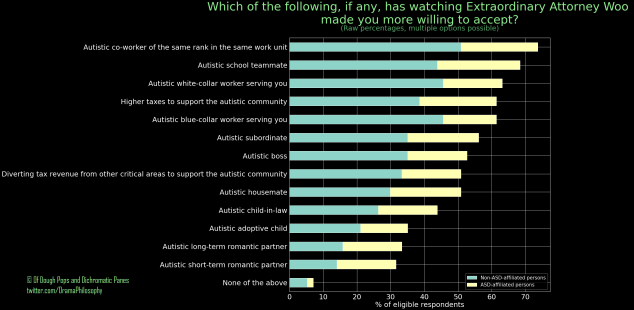

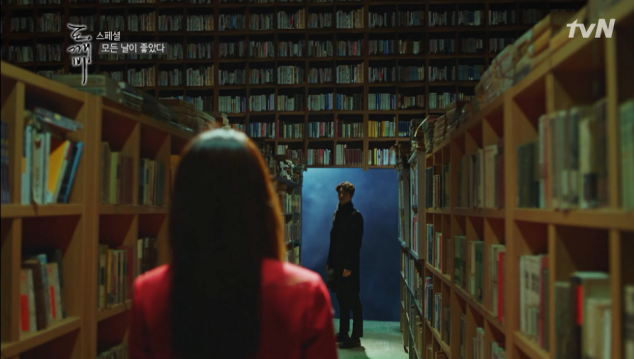
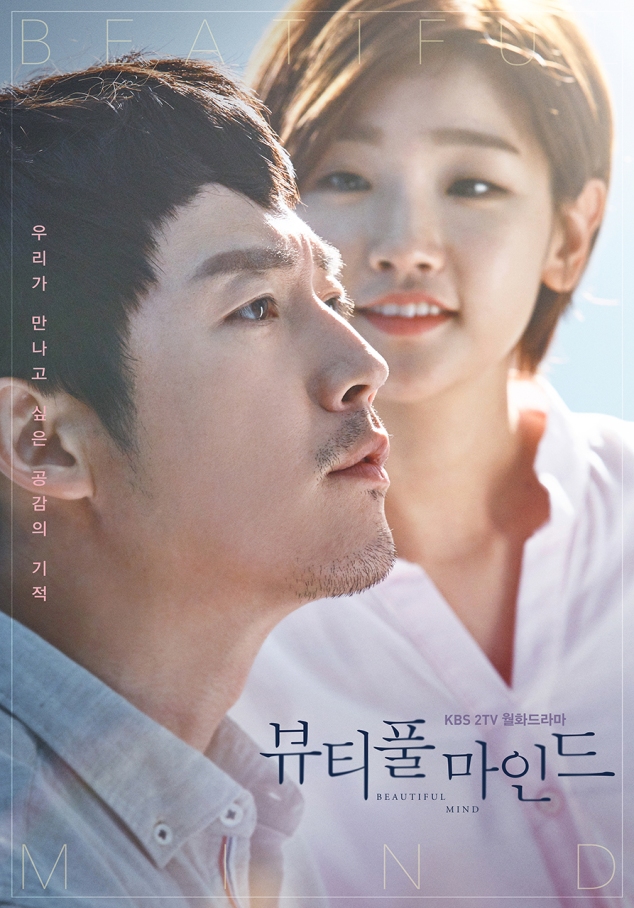


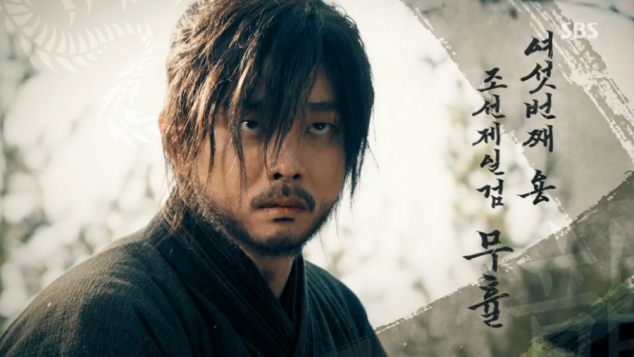
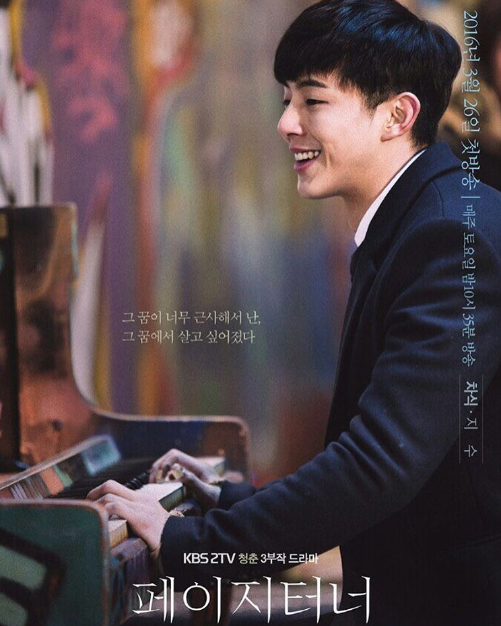

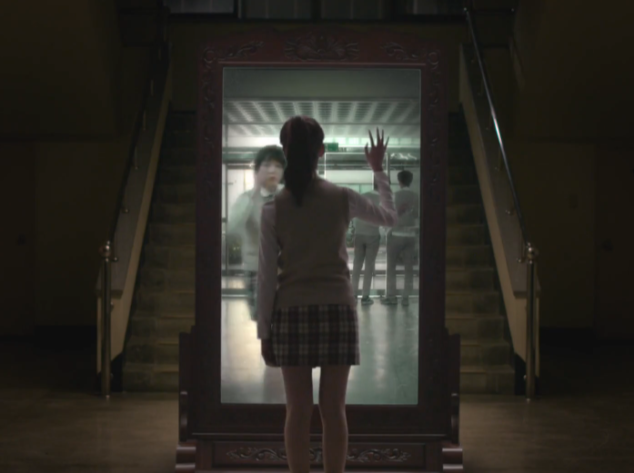
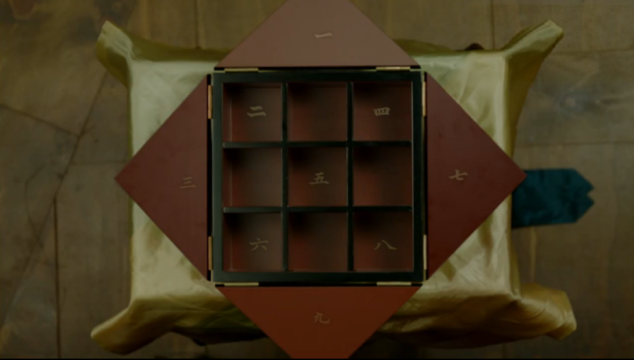
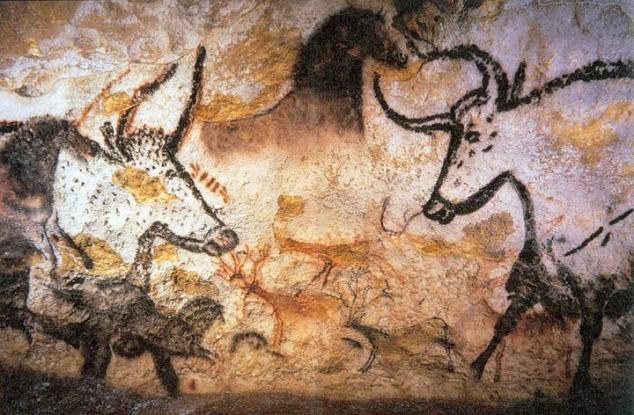
You must be logged in to post a comment.